Attorney General Opinion No. 06-23
The State Purchasing Director may only cancel contracts with State Use Committee suppliers for reasons specified by OAC 260:115-9-9 or as authorized by terms of the contract. The statutory authority and responsibility of the State Purchasing Director for all acquisitions used or consumed by state agencies would necessarily include the power to specify procedures agencies must follow in ordering acquisitions. The Opinion concluded the State Purchasing Director may implement an internet-based system of purchasing goods as long as orders for products on the State Use procurement schedule are routed to State Use suppliers. However, neither the statutes nor the rules governing the State Use program expressly, or by implication, authorize or impose a requirement that State Use suppliers may be required to subcontract with the entity providing the internet-based ordering system in order to sell to state agencies.
Unless otherwise provided by law, the State Purchasing Director has sole authority over state purchasing contracts, including the issuance of Requests for Proposals for acquisitions by state agencies. The State Use Committee does not have authority to enter into contracts or to issue or authorize Requests for Proposals. The Committee qualifies the suppliers, prepares the procurement schedule and establishes the fair market price of goods and services on the schedule but does not enter into contracts with suppliers. Contracts with suppliers on the Committee procurement schedule are between the supplier and the Purchasing Division of OMES. Contracts with State Use suppliers are not awarded through a RFP process, but rather, are awarded by the Purchasing Division after approval of the supplier by the State Use Committee and the inclusion of the supplier’s products and services on the procurement schedule. Because state agencies may purchase items on the procurement schedule from other suppliers where the items are not available from State Use suppliers within the time frame required by the agency and when the agency has a waiver from the contracting officer assigned to the State Use Committee, the State Purchasing Director may issue a RFP for items listed on the procurement schedule.
It would not be a fair competition if a bidder had advance notice of the terms of an RFP, such as would be the case if the bidder assisted in preparing the RFP. Citing Medco Behavioral Care Corp. v. State of Iowa Dep't of Human Serv., 553 N.W.2d 556 (Iowa 1996), the Opinion states "In such cases the concern is that the firm could either skew competition in favor of itself when developing the terms of the procurement, or, through its inside knowledge of the agency's requirements, gain an unfair advantage in the competitive bidding process.". Therefore, an entity may not be awarded a contract for the sale of software to a state agency if the entity has, through a professional services contract, provided assistance to the agency in developing a RFP for the purchase of such software.
Depending upon the particular facts and circumstances of the business relationship, it may be a conflict of interest for an entity to sell services to a state agency if a partner of the entity has, through a professional services contract, provided assistance to the agency in developing a RFP for the purchase of such services. If a partner of an entity that assisted in the preparation of a RFP is in a position to obtain advance information about the terms of the RFP from such entity, then the prohibition against bidding on the RFP would extend to the partner of the entity as well; however, the determination of an actual conflict of interest is a question of fact outside the scope of this Opinion. See 74 O.S. §§85.5; 3004, 3005 and 3007; OAC §§260:115-7-3, 115-7-23 and 115-9-9.
Purchasing Reference Guide
- Introduction
- Oklahoma Central Purchasing Act
- Other Procurement-Related Statutes in Title 74
- Information Technology Procurement
- IT Procurement-Related Statutes in Title 62
- Pay for Success Act
- Oklahoma Correctional Industries Procurement-Related Statute
- OMES Procurement-Related Administrative Rules
- Procurement-Related Caselaw
- Procurement-Related Attorney General Opinions
- Procurement Information Memorandums


